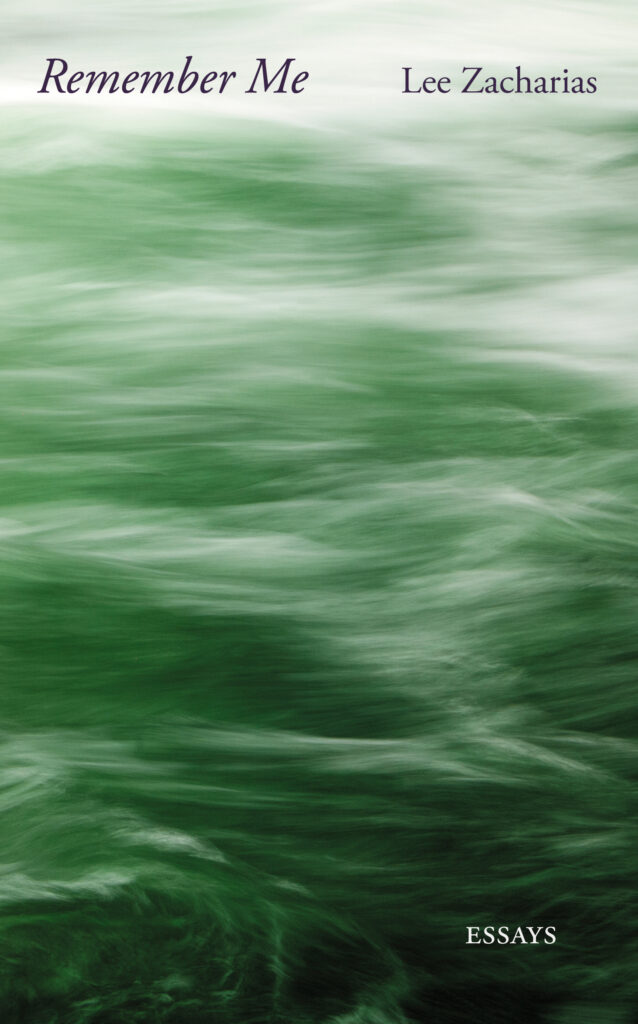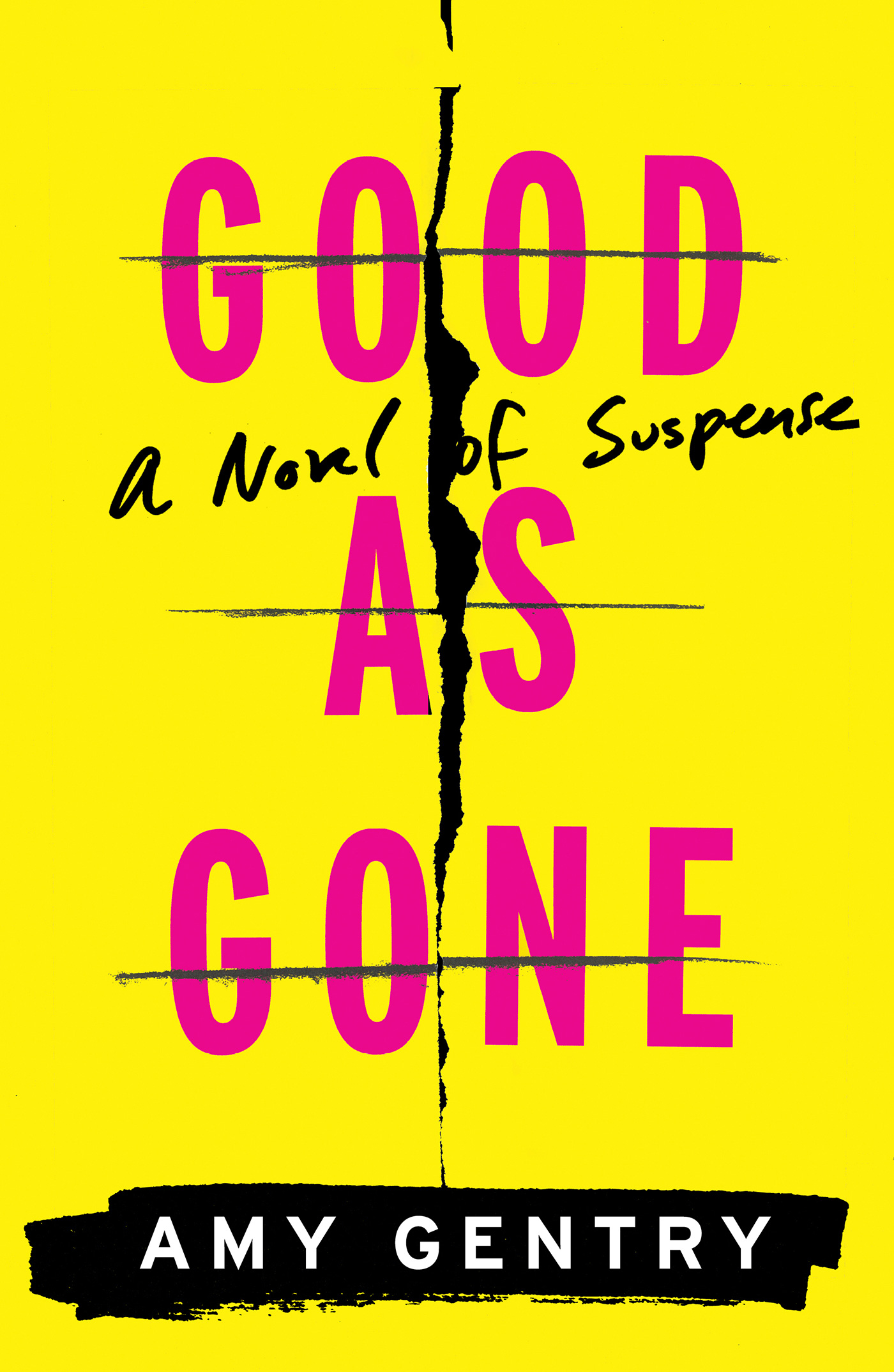Welcome to another installment of If My Book, the Monkeybicycle feature in which authors shed light on their recently released books by comparing them to weird things. This week Lee Zacharias writes about Remember Me, her new essay collection just published by Unicorn Press.

If Remember Me were a graveyard, it would last forever. At least until a highway or hurricane came through. But it would not discarded by a library or sold off for a penny, plus $3.99 in shipping, postage, that travel through space, having become so much more pricey than words, though words are wont to travel not just through space but time.
If Remember Me were a graveyard, I would locate it out of all storms’ projected paths, beside a remote two-lane highway in the Carolina Sandhills. Let it sit where the highway narrows, turns into the main street of a village fronted by a small white clapboard church. It will not be enclosed by a chain link fence or hemmed by four-lane roads with their thrum of traffic. Behind the church a sandy lane curves past the mossy headstones to a meadow. This is a quiet place, a pastoral retreat, a pleasant park to visit, a shady precinct in which to spend eternity. Its residents rest beneath a canopy of oak trees and maples, which have a better blaze in fall, raging against its dying light as Dylan Thomas would have them do, in contrast to the oaks, whose brown leaves cling to the branches long after the maples have let go, as if to postpone the long winter sleep. Between the hardwoods there are pines, a carpet of auburn needles beneath your feet, an evergreen promise overhead. In spring redbuds and dogwoods bloom, Come summer, the untamed meadow is gaudy with wildflowers. There are no plastic posies here, nor silk bouquets with their tendency to soil and tatter when it rains. Should you wish to leave a token, pluck a violet, a daisy, a harebell, or a hawkweed to lay across a stone. Come winter, when the season of wildflowers is spent, leave instead a pebble, a coin, a Matchbox car, or a prayer.
Let me put a goat pasture next door, a long adjacent slope populated by creatures so accustomed to death’s visitors they merely raise their heads in curiosity whenever a footstep strays too close. They have no complaint. They do not bleat. The only sounds here are a gentle soughing of a breeze, the chirp and warble of birds.
But listen. Because the dead themselves are not quiet if you choose to hear. A restless sigh, a whisper, a plea, rises from the ground. “Do not forget,” they say.
My suntanned hands shaking out wet lettuce in the sink.
My Sparky jacket.
The landscape of mountains, tunnels, and roads we once built in the frozen dirt of the alley.
The bluebird house I made for your back fence.
My “surgical maneuvers” on the shuffleboard court.
The way I walked on the balls of my feet, the white tee shirt I wrapped around my head like a keffiyeh as I hosed off the storm windows propped against a tree in your backyard. How I laughed so hard that tears ran down my face every time I recounted the sanctimonious eulogy for that scoundrel of a landlord.
And the dress, my God, the dress the bride beneath my bed will wear for her whole life, tucked into its big blue box, its cardboard coffin. Seed pearls, Alençon lace, a crystal dangle at the center of the headpiece like a Hindu bride’s holy dot, a bindi.
The mole on my cheek, the scar on my knee, the freckle near my knuckle.
A palace without walls.
Listen, they insist, and it is a chorus, a faint tremor in the earth, a supplication, a competition, a demand. Don’t forget, it whispers. Do not let a detail go. Remember us, recall everything. Remember me.
Lee Zacharias has received two silver medals from the Independent Book Publisher Awards, won North Carolina’s Sir Walter Raleigh Award, and held fellowships from the National Endowment for the Arts and the North Carolina Arts Council. Her work has been reprinted and frequently cited in the annual volumes of The Best American Essays.




